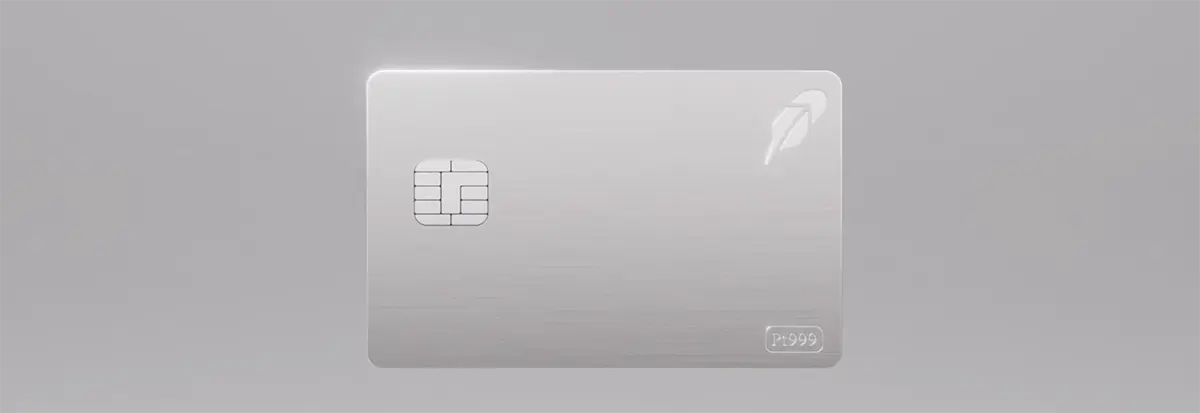
Kudos has partnered with CardRatings and Red Ventures for our coverage of credit card products. Kudos, CardRatings, and Red Ventures may receive a commission from card issuers. Kudos may receive commission from card issuers. Some of the card offers that appear on Kudos are from advertisers and may impact how and where card products appear on the site. Kudos tries to include as many card companies and offers as we are aware of, including offers from issuers that don't pay us, but we may not cover all card companies or all available card offers. You don't have to use our links, but we're grateful when you do!
Does Car Insurance Affect Your Credit Score?
July 1, 2025


Quick Answers
- Insurers perform a soft inquiry on your credit to generate a quote, an action that does not affect your credit score.
- Failure to pay your premiums can lead to collections, which will negatively impact your credit score, though on-time payments are not reported.
- Making a car insurance claim has no direct effect on your credit score, but it can lead to an increase in your future premiums.
What Is a Car Insurance Policy?
A car insurance policy is a contract between you and an insurance company that protects you against significant financial loss in the event of an incident. You pay a regular fee, known as a premium, and in exchange, the insurer agrees to pay for specific car-related damages or liabilities. These covered events can range from collision damage and theft to medical expenses and property damage to others.
Insurers assess a variety of factors to determine your premium, and your financial history can play a role. Many companies use a credit-based insurance score, which is derived from information in your credit report, to help predict risk. As a result, a strong credit history can often translate into lower car insurance rates.
How Car Insurance Can Impact Your Credit Score
While paying your car insurance premium on time won't boost your credit score, failing to pay can certainly damage it. Here’s how a simple oversight can lead to a negative mark.
- Missed Payments and Cancellation: The process begins when you miss a premium payment. After sending reminders, your insurer will likely cancel your policy for non-payment, leaving you with an outstanding balance.
- Debt Handover to Collections: If you don't settle this outstanding balance, the insurance company can sell the debt to a collection agency. The original debt is now in the hands of a third party.
- Reporting to Credit Bureaus: This is the crucial stage. The collection agency reports the unpaid debt to the three major credit bureaus—Experian, Equifax, and TransUnion—as a collection account.
- Negative Credit Score Impact: The appearance of a collection account on your credit report is a significant red flag. It can cause a substantial drop in your credit score and remain for up to seven years.
How Much Will Car Insurance Affect Your Credit Score?
While your car insurance itself doesn't directly build or harm your credit, several related factors can influence your credit score. Here are a few key things to keep in mind:
- Insurance Quotes: Getting a car insurance quote typically results in a soft inquiry on your credit report. These soft pulls do not affect your credit score, unlike hard inquiries for new credit lines.
- Credit-Based Insurance Score: Insurers use a credit-based insurance score, which is different from your standard credit score, to help set your premiums. This specialized score predicts the likelihood of you filing a claim.
- Missed Payments: Failing to pay your premium won't be reported to credit bureaus directly. However, if your account goes to a collection agency, that will negatively impact your credit score.
How You Can Avoid Car Insurance Affecting Your Credit Score
Pay the Full Premium Upfront
Paying your entire car insurance premium in one lump sum is the most direct way to avoid a credit check. This method bypasses the need for monthly installments, which are often treated as a form of credit, thus eliminating any potential impact on your credit score.
Find Insurers Using Soft Inquiries
Some insurance providers only use soft credit inquiries to generate quotes. Unlike hard inquiries, these checks are not visible to lenders and do not affect your credit score. It's wise to ask a potential insurer about their specific credit check process before you apply.
Choose the Right Card to Car Insurance
Improving your credit score is not only possible but is a crucial part of your overall financial health, affecting everything from loan terms to credit card approvals. By following some proven methods, most people can see meaningful changes within three to six months of consistent, positive behavior.
- Monitor Your Credit Reports Regularly. Obtain your free reports from Experian, TransUnion, and Equifax to identify and dispute inaccuracies, detect fraud, and track your progress.
- Establish Automatic Bill Payments. Your payment history is the most significant factor in your score, so setting up automatic payments is a simple way to ensure you never miss a due date.
- Reduce Your Credit Utilization Ratio. Aim to keep your credit usage below 30% of your total available credit by paying down balances or requesting credit limit increases.
- Become an Authorized User. Being added to a credit card account with a strong payment history and low utilization can help boost your score, provided the account reports to all major bureaus.
- Diversify Your Credit Mix. Lenders like to see that you can handle various types of credit, so maintaining a mix of accounts like installment loans and revolving credit can be beneficial.
- Limit Hard Inquiries. Use prequalification tools when possible and space out new credit applications to avoid multiple hard inquiries that can temporarily lower your score.
The Bottom Line
Car insurance payments don't directly affect your credit score. However, unpaid premiums sent to collections will hurt your score, and insurers often use credit information to determine your rates.
Frequently Asked Questions
Does getting a car insurance quote affect my credit score?
No. When you request a quote, insurers perform a soft inquiry on your credit, which does not impact your credit score like a hard inquiry would.
Can I get car insurance with bad credit?
Yes, you can still obtain car insurance with a poor credit history, though you will likely face higher premiums than someone with a good credit score.
How can I improve my credit-based insurance score?
Improve your score by paying bills on time, maintaining low credit card balances, and avoiding unnecessary new credit applications to show financial responsibility to insurers.
Unlock your extra benefits when you become a Kudos member

Turn your online shopping into even more rewards

Join over 400,000 members simplifying their finances

Editorial Disclosure: Opinions expressed here are those of Kudos alone, not those of any bank, credit card issuer, hotel, airline, or other entity. This content has not been reviewed, approved or otherwise endorsed by any of the entities included within the post.



































.webp)







